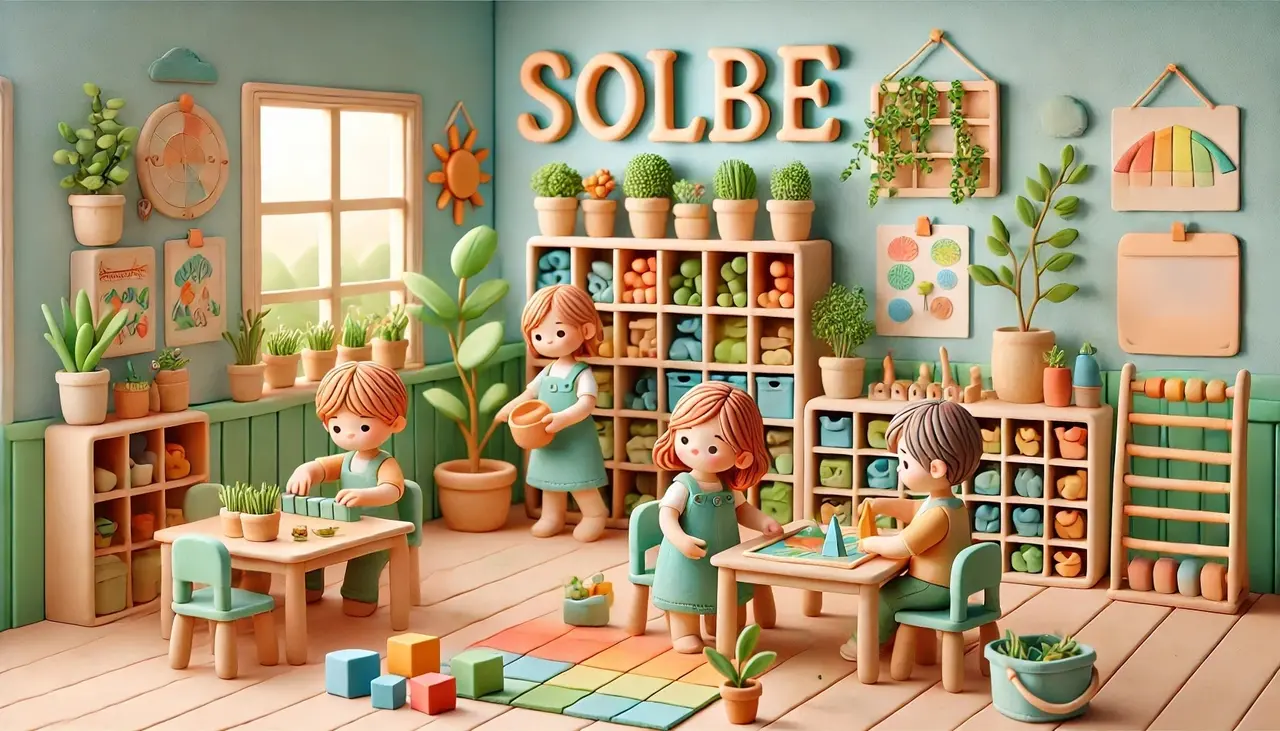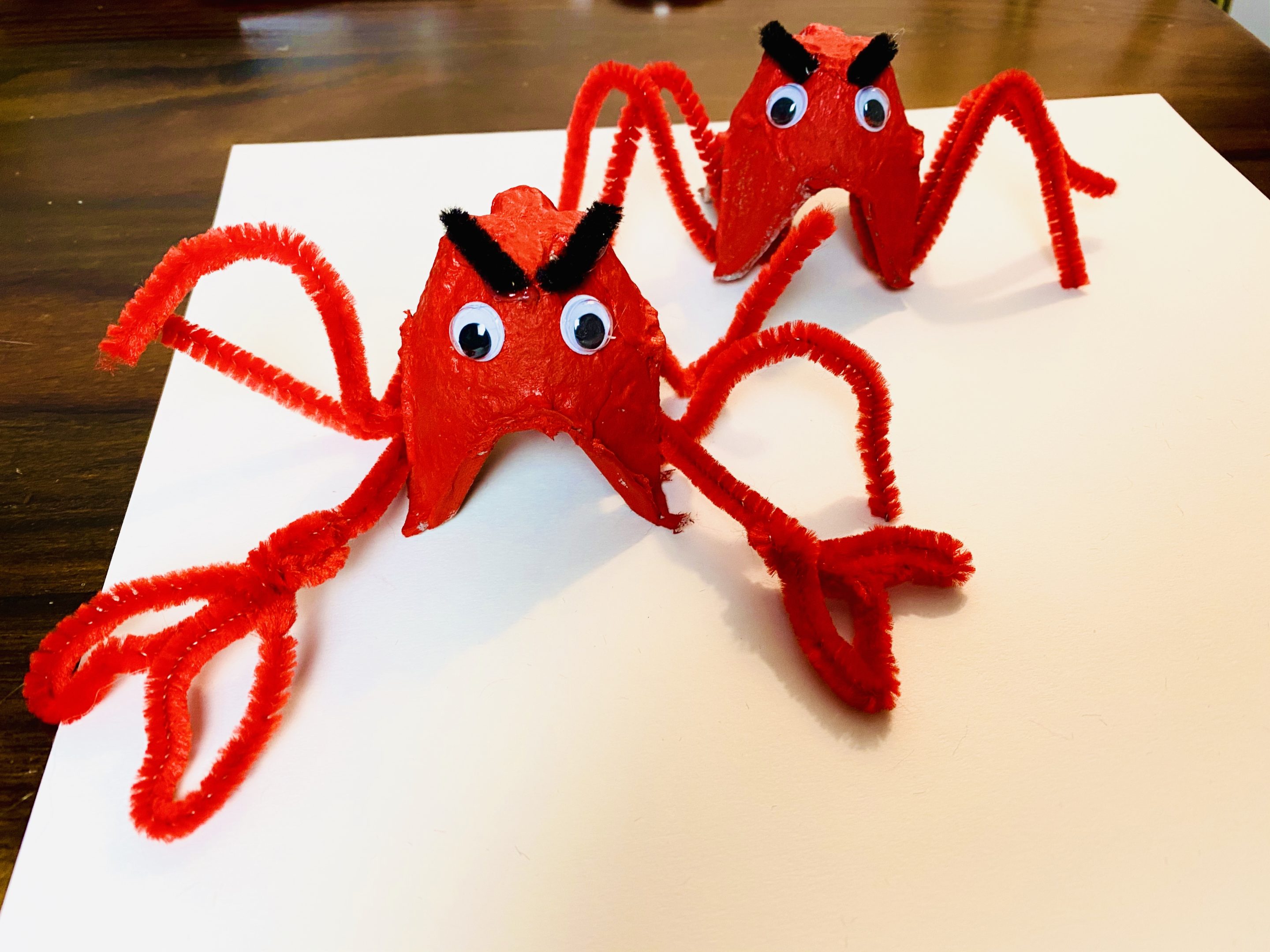Understanding and Supporting Early Childhood Mental Health

“Mental health begins to develop in early childhood and is part of everyone’s lived experience.”
What You’ll Learn
What is mental health and when does it begin? How do young children experience mental health? How can I support my child’s mental health?
Myth: children don’t experience mental health problems.
Myth: children are too young to understand mental health.
Our mental health begins to develop before we are born and is influenced by our physical, psychological, social, and cultural contexts. Children are not passive participants in their development—mental health is part of their lived experience. Acknowledging and understanding early childhood mental health is the first step to ensuring children receive the support they deserve and to positively influence the trajectory of their mental health.
Mental Health vs. Mental Illness
Before we proceed, it is important to note the difference between mental health and mental illness. Our mental health is at the center of our social-emotional health and well-being; it refers to our ability to form relationships, experience and manage a full range of emotions, and explore and learn within our environment. Our mental health impacts how we think, act, and feel about ourselves and others. A mental illness is a health condition involving significant changes in one’s emotions, thoughts, or behaviors. For young children in particular, a mental illness is identified when their behavior or emotions consistently interfere with their academic performance, social development, and health.
One’s mental health is not the absence of a mental illness and can be positively or negatively influenced by factors including genetics, relationships, community, environment, societal norms and beliefs, and experiences of trauma or stress.
Mental Health Begins in Early Childhood
There are various myths surrounding early childhood mental health, but the truth is that mental health begins to develop in early childhood and is part of everyone’s lived experience.
Here are the facts for children living in the U.S.:
- 80% of chronic mental health disorders begin in childhood.
- 10-16% of young children experience mental health conditions – 22% of young children in poverty.
- 20% of children aged 2-8 years have a diagnosed mental, behavioral, or developmental disorder.
- 16% of children under 6 years have significant mental health problems that require clinical care.
Mental health is the foundation for future health and success but if left ignored, children will continue to face an increased risk of mental health problems. As a community, we must validate the experiences of young children and provide positive childhood experiences and other protective factors that support their mental health.
Supporting Children’s Mental Health
We can support early childhood mental health through intentional acts of promotion, prevention, and treatment. Parents and caregivers, here’s what you can try at home:
- Develop a nurturing and responsive relationship
- Speak to your child in a warm, positive, calm, and supportive manner
- Actively listen and show interest in what your child says
- Respond to your child’s comments or ideas by asking questions
- Follow your child’s lead and engage in child-directed play
- Recognize your child’s efforts
- Create a safe and predictable environment
- Set clear boundaries and expectations
- Model positive behaviors
- Organize your child’s space in a way that is inviting and accessible
- Offer choices frequently
- Establish consistent routines
- Practice expressing and regulating emotions
- Respond to your child’s emotions without judgment
- Model a range of emotions and your skills to regulate
- Share words to describe different emotions
- Read stories about feelings and encourage multiple expressions of emotions
- Regularly practice strategies to regulate emotions
- Seek guidance or support from your healthcare professional or a mental health consultant
- Identify and share your concerns for your child
- Gather information from other trusted sources in your child’s life
- Collaborate with a professional to identify a support plan
- Advocate for your family’s and child’s needs
Empowering Takeaways
- Mental health begins in early childhood—acknowledging and understanding this experience allows us to make better decisions
- Our mental health is shaped by our experiences and the contexts in which we live
- Promotion, prevention, and treatment are how we support positive mental health development
Be vibrant and keep thriving! This article was last reviewed or updated on November 10, 2023.
About the author: Rebecca is the Head of Family Empowerment and Student Success at SolBe Learning. Rebecca has worked in the field of early education for over six years, with a passion for supporting the optimal development of young children and families. Rebecca holds a B.A. in early childhood education and sociology as well as an M.A. and license in school counseling.
Related Articles
Explore our latest insights and resources.

Using Your Voice Effectively: Intentional & Positive Phrases to Use With Your Child

Work and Family: 7 Strategies to Find Balance as a Parent

Understanding and Supporting Early Childhood Mental Health

Understanding and Monitoring Developmental Milestones

The Value of Process-based Learning

The Truth about Parenting: Being a Thriving Parent

The Curious & Creative Classroom

Social-Emotional Learning: Five Competencies and How to Teach Them at Home

Social Emotional Learning Part Five: Teaching Growth Mindset to Inspire Change

Social-Emotional Learning Part Three: Teaching Friendship to Inspire Change

Social Emotional Learning Part Two: Teaching Acceptance to Inspire Change

Social Emotional Learning Part Six: Teaching Empathy to Inspire Change

SEL: Parent Social-Emotional Competence & Well-Being

Social Emotional Learning Part Four: Teaching Respect to Inspire Change

Reflective Learning: 10 Meaningful Questions to Replace “How Was School Today?”

Prosocial Behavior: Strategies to Model, Practice and Praise

Ranking Boston Area Private Schools: Finding The Best Programs For Your Children

Prosocial Behavior: Encouraging Your Child To Practice Gratitude

Play is Work and Work is Play

Preparing a Learning-rich Environment

Nurturing Brain Development During the Window of Opportunity

Exploring Spanish Language Learning Through Play-Based Activities

Early Intervention: Identifying Support for Children Birth to Age Three

Developmental Screening: Acting Early and Advocating for Your Child

Daily at Home Project: Red House – Fun For All Greatest Hits & More

Daily at Home Project: Rainbow Painting and Make Your Own Ice Cream

Daily at Home Project: Pots, Pans, Colors & Rainy Day Brownies!

Daily at Home Project: Lid Matching and Animal Washing Station

Daily at Home Project: Making Music with The Very Noisy Bear

Daily at Home Project: Fine Motor Activities and Let's See Where a Dot Can Take You!

Daily at Home Project: Crazy Art from Silvana Carpio

Daily at Home Project: Baby Treasure Basket and Rocks of Hope

Daily at Home Project: Colander Pipe Cleaner and Pipe Cleaner Bubble Wands

Daily At-Home Project: Mix and Match Faces

Daily At-Home Project: Homemade Binoculars for Little Explorers!

Daily At-Home Project: Gratitude Jar

Daily At Home Project: Veggie Paint Making From Marlo
Stay Updated with SolBe
Join our newsletter for the latest insights and exclusive content on early learning and childcare.































































